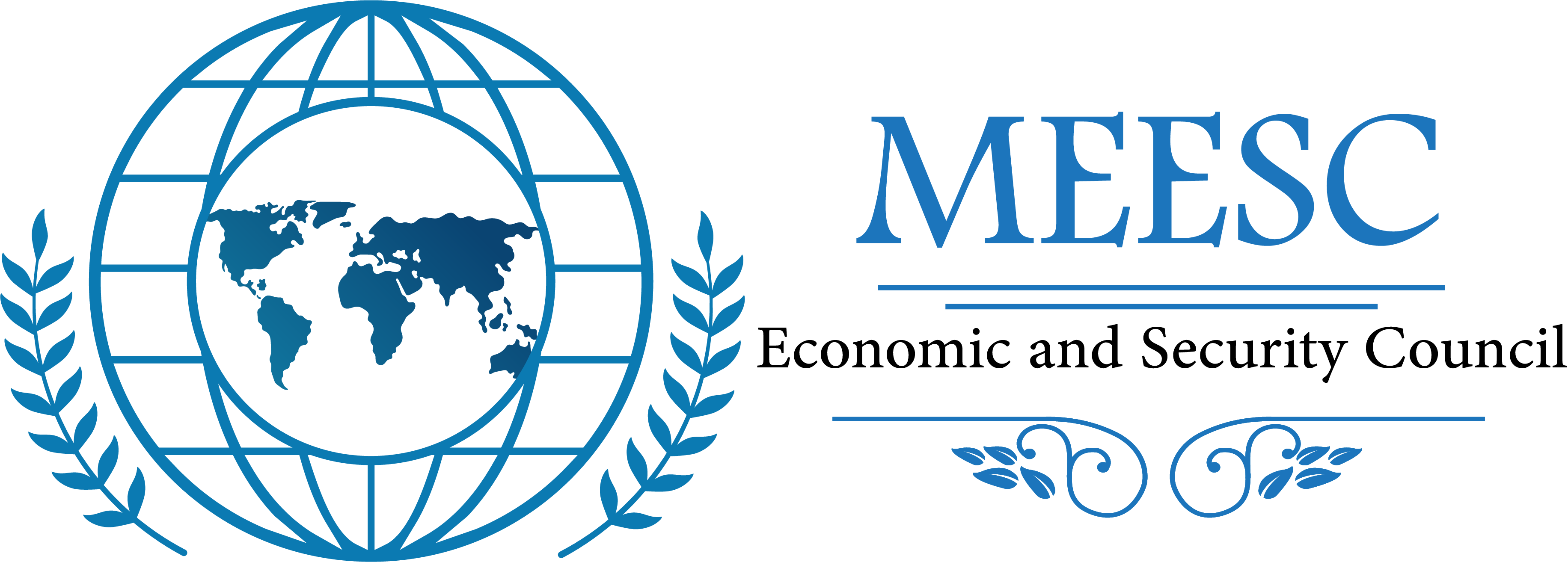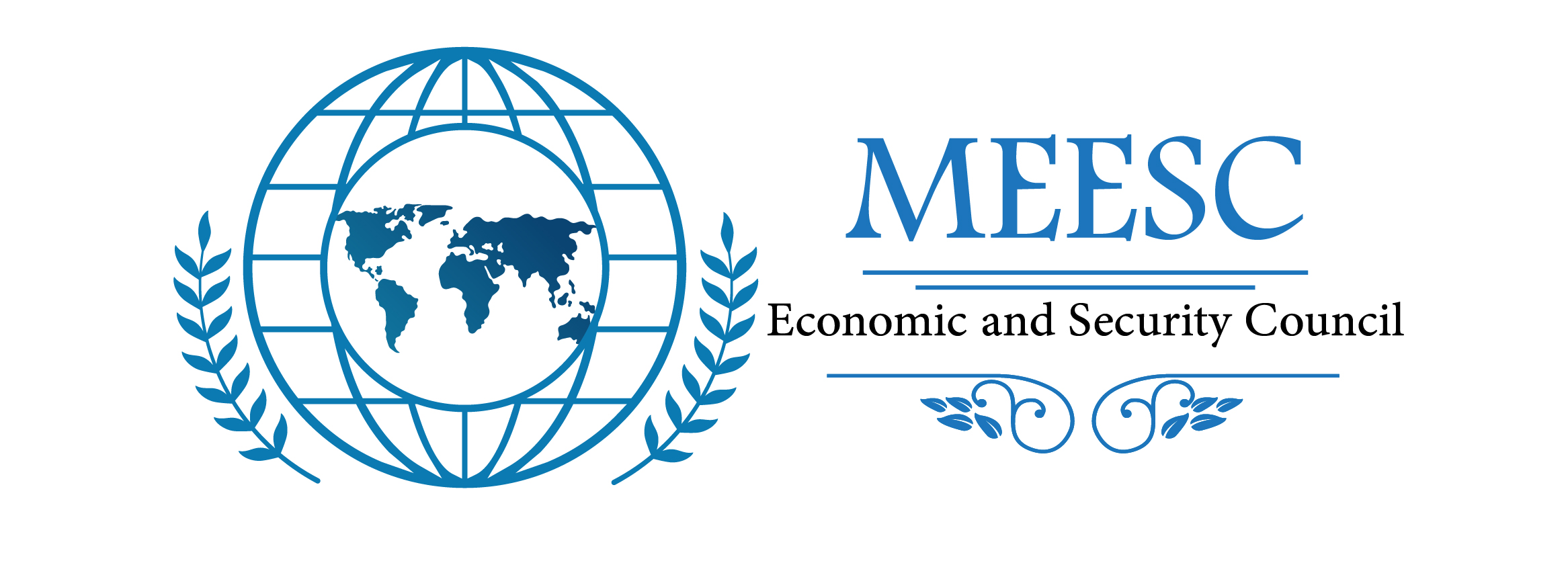The benefits of forming a Middle East Economy Council in alliance with the United States include fostering economic growth, regional cooperation, and global competitiveness. Below are the key advantages:
1. Economic Integration and Regional Development
• Free Trade Zones: The council can reduce trade barriers and establish free trade agreements, increasing commerce between member nations.
• Economic Diversification: Member states can collaborate to diversify their economies, reducing reliance on oil and boosting sectors like technology, tourism, and manufacturing.
• Infrastructure Development: Joint investments in regional infrastructure (e.g., transportation networks, energy grids, and ports) promote long-term economic growth.
2. Access to U.S. Markets and Technology
• Market Entry: Member nations gain preferential access to U.S. markets, increasing exports of goods and services.
• Technology Transfer: Partnerships with U.S. companies bring cutting-edge technology and innovation to the region.
• Digital Economy Development: Collaboration fosters growth in areas like fintech, artificial intelligence, and e-commerce.
3. Attracting Foreign Direct Investment (FDI)
• Investor Confidence: An alliance with the U.S. increases global investor confidence, attracting FDI for key projects.
• Development Funds: The U.S. and council members can pool resources to establish funds for financing infrastructure, small businesses, and startups.
• Public-Private Partnerships (PPP): Opportunities arise for collaborative ventures between governments and private entities.
4. Energy Cooperation and Sustainability
• Energy Stability: Member states can coordinate on energy policies to stabilize prices and ensure a steady supply to global markets.
• Renewable Energy Transition: Joint initiatives with the U.S. help accelerate investment in solar, wind, and hydrogen energy projects.
• Resource Sharing: Equitable agreements on energy and water resources reduce competition and foster regional cooperation.
5. Job Creation and Workforce Development
• Employment Opportunities: Economic collaboration leads to the creation of jobs in industries like construction, technology, and services.
• Skill Development: Partnership programs with the U.S. enhance technical skills, vocational training, and education for the region’s youth.
• Labor Mobility: Streamlined agreements allow the movement of skilled workers between member nations, addressing labor shortages.
6. Boosting Trade
• Increased Exports: Streamlined trade agreements with the U.S. and other global partners boost the export potential of member countries.
• Regional Trade Growth: Member states benefit from expanded intra-regional trade, creating a larger, unified economic market.
• Reduced Tariffs: Elimination of trade barriers among members improves competitiveness and profitability.
7. Financial Stability and Cooperation
• Shared Currency Goals: Over time, the council could explore creating a shared economic framework or currency to facilitate trade and investment.
• Banking Collaboration: U.S. support for regional banking reform strengthens financial systems and promotes transparency.
• Economic Crisis Support: The council can act as a safety net, providing financial aid to members during economic downturns or crises.
8. Innovation and Entrepreneurship
• Startup Ecosystem: U.S. expertise fosters the growth of startups and innovation hubs across the region.
• Research and Development (R&D): Joint ventures promote scientific and technological research, benefiting multiple industries.
• Small Business Support: Programs to empower SMEs (small and medium-sized enterprises) lead to more inclusive economic growth.
9. Strengthened Global Influence
• Unified Voice: A regional economic council amplifies the Middle East’s voice in global trade organizations like the WTO or G20.
• Strategic Partnerships: Collaboration with the U.S. positions member states as essential players in global supply chains.
• Economic Leverage: A unified council strengthens the region’s ability to negotiate favorable terms in international trade and energy agreements.
10. Human Development and Social Progress
• Improved Quality of Life: Economic growth translates into better healthcare, education, and infrastructure for citizens.
• Gender Equality and Inclusion: Programs supported by the U.S. can promote gender equality and social development initiatives.
• Poverty Reduction: Economic cooperation helps reduce poverty and inequality across member states.
11. Crisis Preparedness and Resilience
• Economic Resilience: Joint funds and strategic planning reduce the economic impact of global shocks, such as pandemics or conflicts.
• Food Security: Collaboration on agriculture and food supply chains ensures stability in times of crisis.
• Supply Chain Integration: Streamlined logistics and trade routes increase regional resilience to disruptions.
This council would not only enhance individual nations’ economies but also foster a more prosperous and interconnected Middle East while leveraging U.S. expertise and global influence.

